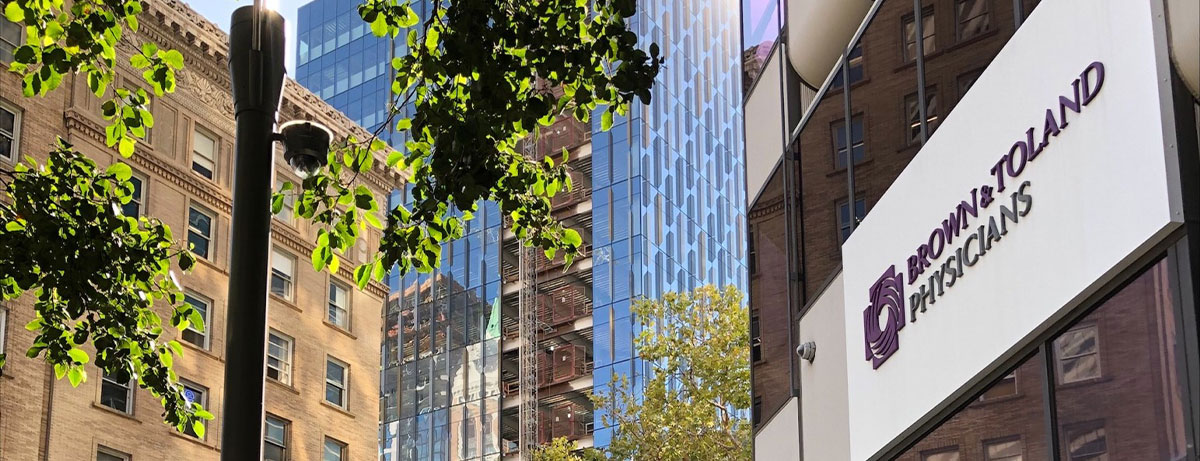The Scoop on Coffee

Here’s some info on choosing, brewing and storing this ever-popular bean
Coffee may be part of your everyday routine, but you may still be in search of that perfect cup. For help, check the following Q&A with Byard Duncan, a former barista and retail manager and now a spokesman for the Oakland-based Blue Bottle Coffee Company.
Q: What should consumers look for when selecting coffee to brew at home or sip in a shop?
A: Depends on your tastes. Certain coffees from different regions have different flavor characteristics—it all depends on the climate and processing. Coffees from Kenya, for example, can have citrusy, tomatoey brightness. Coffees from Central and South America tend to be more reserved, sweet and earthy. Dry, processed coffees from Ethiopia have prominent berry notes. Jamaican Blue Mountain is a high-quality coffee—it’s really well balanced and complex.
Q: What’s to know about coffee roasting and grinding?
A: Coffee roasting should be tailored to where it’s from. Some coffees behave differently when you roast them too light or dark. Dry-processed coffees, for example, really shine with a lighter roast. But ultimately, it’s up to the roaster to do what’s called “dialing in”—a method of calibrating the roast profile. Grinding relates to your method of brewing: You want a coarser grind, for example, if you want drip coffee and a finer grind if you’re making espresso. And we definitely encourage people to experiment with roasting green coffee beans as long as they do it safely. After all, our CEO started as a home roaster. A good site to get tips is www.sweetmarias.com—click “Home Roasting Basics” from the home page.
Q: How do you brew your own coffee at home and what are some tips for home brewing?
A: I get drip coffee. A really high-quality coffee shines as a drip coffee and can be very elegant. For drip brewing, make sure the coffee has been ground properly and that you have the proper water temperature—usually off the boil, letting it sit for one minute is great; otherwise, you’re either going to burn the coffee or not extract it to its full potential. I use a porcelain dripper and No. 2 filters and do a slow pour from a kettle. With the porcelain dripper, you don’t get a plastic flavor from the plastic dripper. Chemex drip coffeemakers are made of glass, which also doesn’t leach flavor like plastic. A lot of people who like their coffee a little stronger favor the French press. With the French press, you place hot water and coarsely ground coffee in its specially designed beaker, stir and brew for a few minutes, then press the plunger to trap the coffee grounds at the bottom. Another thing, be careful with the amount of coffee you’re using. People are often surprised at how they can get a great cup without using as much coffee.
Q: What about storing coffee?
A: The fridge or freezer does bad things to coffee. We recommend keeping coffee in a cool, dry place and using it within seven to 10 days after it’s been roasted.
A Hot Cup of Health?
According to the American Chemical Society, coffee is the leading source of disease-fighting antioxidants in American diets, and various researchers have associated your morning cup of joe with a host of possible health benefits. Studies suggest that drinking coffee may cut risks of wide-ranging conditions— from Parkinson’s disease, colon cancer, cirrhosis of the liver, liver cancer and gallstones to rectal cancer, type 2 diabetes, dementia and asthma. Coffee can improve cognitive performance and alertness as well, making it the ever-popular choice for a morning pick-me-up.
Experts advise consuming caffeinated coffee in moderation, though—one or two cups a day is more than enough, according to the Mayo Clinic. Caffeine is mildly addictive; gulped in excess, it can cause jitteriness, insomnia and benign heart palpitations. A new preliminary study shows that drinking coffee could be a risk factor for glaucoma as well. Also, go easy on the cream and sugar, which add fat and calories. If you’re pregnant or nursing, or have high blood pressure, heart disease or osteoporosis, ask your physician about how much coffee drinking is best for you.
